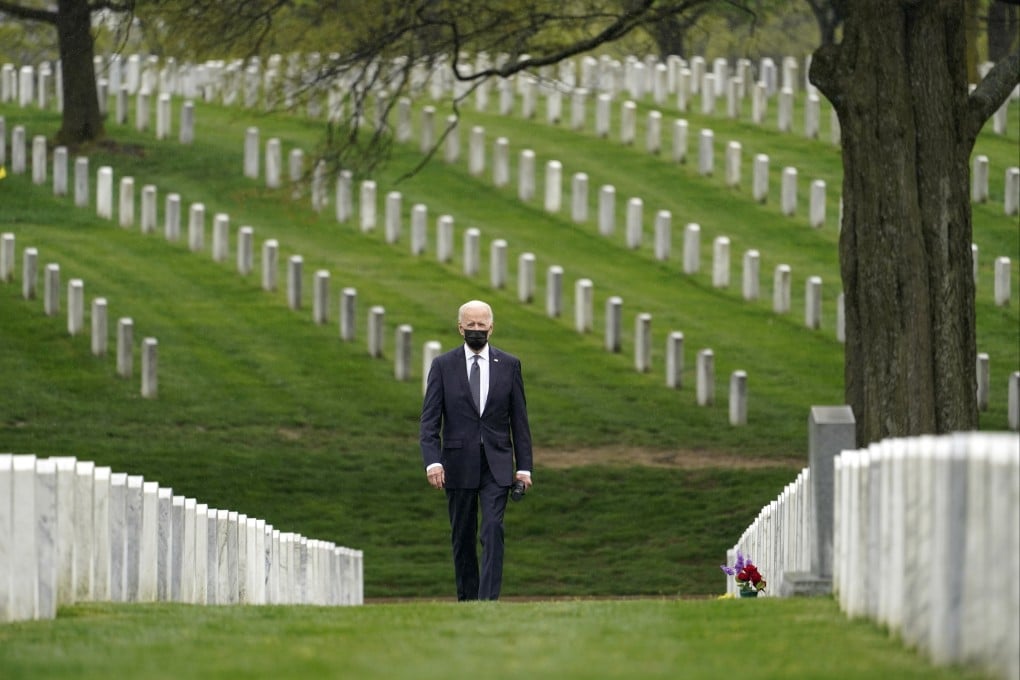Advertisement
Opinion | In trying to preserve the international order, the US is destroying it
- Overstretched by wars, undermined by fractious politics, and with the dollar, its most powerful tool, sorely overused, America is clinging on to a unipolar world order
- But in putting America first, its leaders are dismantling the world order that Washington helped to build
Reading Time:4 minutes
Why you can trust SCMP
22

Covering the Vietnam war, Associated Press journalist Peter Arnett in 1968 quoted an American major: “It became necessary to destroy the town to save it.” He was referring to the decision to bomb a town regardless of civilian casualties. The same quote could be applied to Israel’s bombing of Gaza and, more generally, the American attitude to the international order it helped to build over the last eight decades.
Advertisement
This international order is an effort to reconstruct peace and avoid a third world war, after atomic bombs were dropped on Hiroshima and Nagasaki. The victorious powers at the end of the second world war decided to divide the world between the American-led free world and the Soviet-led communist world.
By 1991, with the collapse of the Soviet Union, the United States had emerged as the unipolar power. After the Soviet-led Warsaw Pact crumbled, Nato was not dissolved. Instead, the old rivalry was rekindled when Russia felt excluded from Europe and treated as the enemy.
Shocked by the September 11 attack in New York in 2001, the US spent the next two decades fighting in the Middle East. When Donald Trump emerged as president in 2016, neoconservatives in the American military industrial complex identified China as the existential rival, setting the stage for a multi-front confrontation.
By this time, the rise of China as the second largest economy and largest trading nation meant the world had begun to shift to a multipolar order. In this decade, this shift became evident with the rise of India, today the most populous country and fastest-growing major economy.
Advertisement
From the long lens of history, the US had surpassed Britain as the world’s largest economy and industrial power by 1900. Britain was a small island economy that used its maritime power and “divide and rule” political acumen to master colonies comprising one quarter of the global population.

Advertisement
